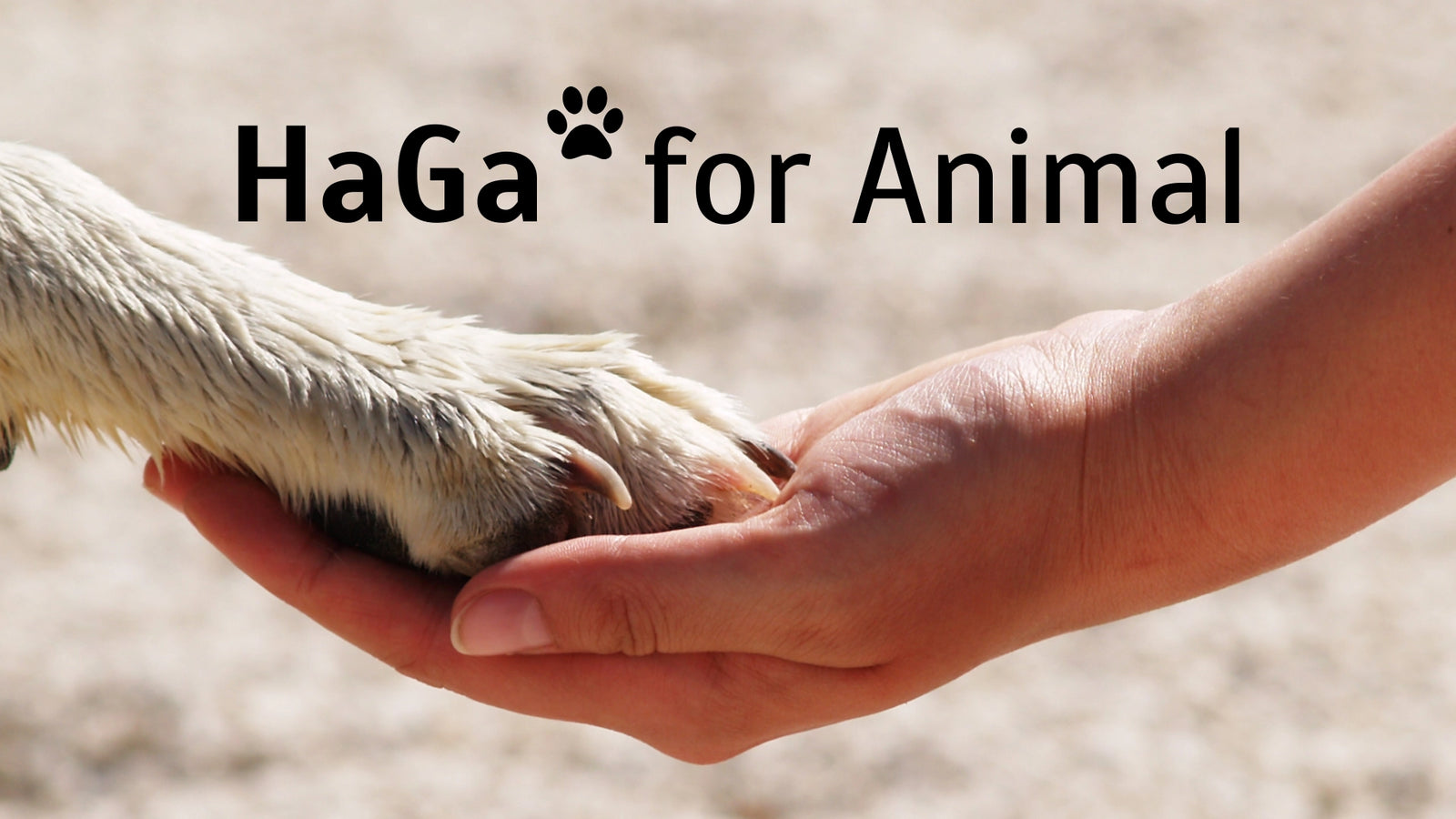Zanzibar – a paradise in the Indian Ocean!
Paradisiacal landscapes, mangrove swamps, lagoons and coral reefs, white sandy beaches, sunshine, and the Indian Ocean—that's Zanzibar. A dream destination for anyone seeking a tropical atmosphere, water sports enthusiasts, or simply seeking relaxation away from mass tourism.
The 1,650 km² island lies approximately 40 kilometers east of the coast of Tanzania. It is the largest of the Zanzibar archipelago and is also called Unguja. Zanzibar was once an important trading center in the Indian Ocean, and the cultivation and trade of cloves, among other things, made the island wealthy.

In the history of Zanzibar there have been many different rulers, from Portuguese to Arabs, Germans, English and Italians, who have had a significant influence on the culture.
Today, approximately 1,900,000 people live on Zanzibar, predominantly African, Indian, Persian, and Arab. Most residents are Muslim.
The island's economy relies on tourism, which has grown massively in recent years, and agriculture. Yet the majority of the population lives below the poverty line and has limited access to essential services.
These circumstances do not make everyday life easy for the population and life is not always a paradise for pets either.
As in many countries where poverty is widespread, farm animals such as cattle, chickens, goats, and donkeys play a particularly important role in society. They ensure survival, help with labor, and are considered sacred.
The situation is different for cats and dogs. They often live on their own and are accepted by the locals as long as they don't harm or harass their livestock.
What began as a vacation in Zanzibar became a heartfelt project for animals in need.
For us, for whom dogs and cats are full-fledged family members, it's hard to watch these animals spend their lives on the streets. Every day is a struggle for food and life. Since no one feels truly responsible for the street dogs and stray cats, the animals' suffering increases due to uncontrolled breeding, which leads to conflicts.
It's heartbreaking to see these fates in person, not on social media. The animals seek out tourists in the hope of finding food, and sometimes a fleeting encounter leads to a lifelong bond.
This is exactly how the story of Race, Sana, and Toto begins. During daily walks on the beach, first Race, then Toto and Sana joined them, becoming loyal companions whom they gradually took to their hearts. These shared walks turned into visits to the holiday home, feedings, and veterinary checkups, as life on the beach had left its mark.

As the end of the vacation drew closer, the question of what to do with the dogs became more pressing. Should we return them and leave them to their fate? Should we try to find suitable accommodation locally, or should we give them a home in Germany as part of the family?
Race and Sana are now living a new life as HaGa dogs here in Germany. The same goes for the cats Nusu, Madu, and Blubb. Thanks to the Alfeld Animal Welfare Association, we have found a loving family for Toto.

But we can't take every dog and cat home and give them a safe place to live. But we can't close our eyes and hearts and ignore the animals' suffering either!
How can we help sustainably and improve the situation for the animals?
Together with veterinarian Abdi and dog trainer Emilia Instagram, we want to help the animals locally, provide them with veterinary care, conduct neutering campaigns, and set up feeding stations. This will control the number of stray animals, reduce disease and suffering, and also lessen the potential for conflict between humans and animals, as the four-legged friends have designated feeding places and don't have to beg or chase chickens.
We also want to support the nearby animal welfare association Alfeld EV and help with regular donations.
By ordering from HaGa-Welt, you become part of our aid project "HaGa for Animals." You order, and we donate 1 cent.
We keep you regularly updated with newsletters and new blog posts.

